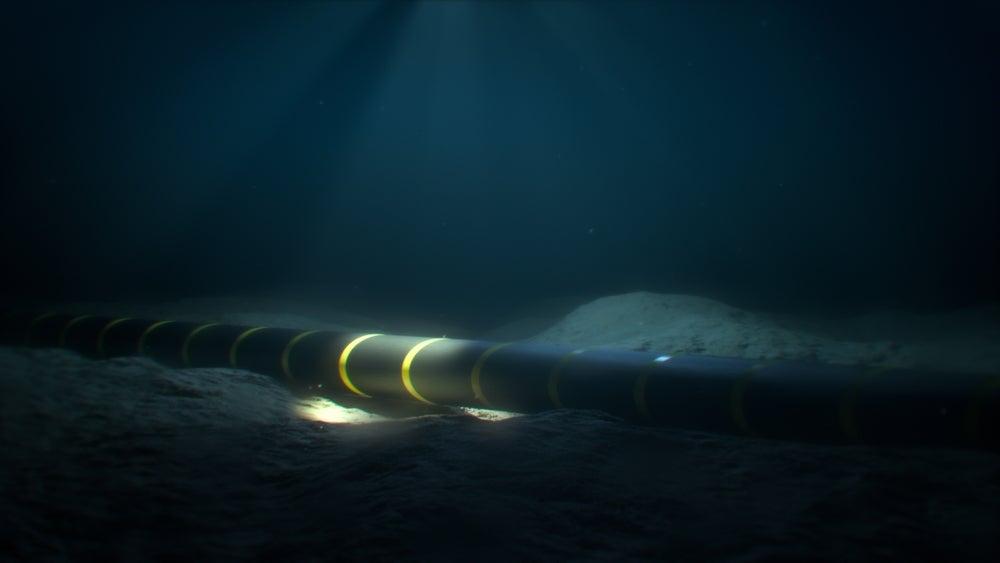Undersea internet cables represent the backbone of the global internet, carrying around 97% of voice and data traffic across the sea floor between land-based stations. First laid in the 1850s, undersea cables have over the years carried everything from telegraphy traffic to telephone traffic.
More recently, undersea internet cables have been using optical fibre technology to transport digital communications traffic and digital data.
In today’s world they are a critical element of a nation-states’ digital power.
Big Tech are looking to own the internet
The undersea internet cable sector is growing exponentially due to skyrocketing demand for cloud solutions and lower latency. As of May 2022, there are 436 submarine cables in service worldwide, stretching over 1.3 million kilometers, according to the Submarine Cable Map by TeleGeography.
Once the exclusive domain of telecoms companies, Big Tech companies like Facebook owner Meta, Google and Microsoft are now leading investors in undersea internet cables. For example, in 2021 Meta announced plans to build the world’s highest capacity undersea cable between the US and Europe.
The market is now dominated by four main suppliers. The first is Alcatel Submarine Networks, a subsidiary of Nokia, with over 650,000km of cables worldwide. The second is US-based SubCom with over 200 networks. The third is Japan’s NEC, with over 300,000km of undersea internet cables worldwide. Finally, Huawei Marine Networks controls 10% of the subterranean internet cable market, according to the 2021 report by the Tony Blair Institute for Change.

US Tariffs are shifting - will you react or anticipate?
Don’t let policy changes catch you off guard. Stay proactive with real-time data and expert analysis.
By GlobalDataA source of geopolitical tensions
Since the early days of the internet, there has been a consensus that the free global flow of data is a common good. However, the building of submarine cables is becoming a new source of geopolitical tensions.
Pressure primarily runs between the US and China. The superpowers fear their counterparts would create backdoors during the construction of the undersea internet cables that would enable them to spy and steal data. For example, The Pacific Light Cable Network, a direct undersea internet cable between the US and China backed by Meta and Google, was blocked by the US government. Security concerns were raised, as were threats to consumers’ data.
Similarly, in 2021, the US warned against the participation of Huawei Marine Networks in a project to introduce undersea cables between Pacific islands. The American intervention effectively torpedoed the project.
While the US has not publicly provided evidence of its claims that the build-out of cables by Huawei Marine poses a cybersecurity risk, the concerns reflect increasing tensions over the control of geographic nodes that are crucial to global communication and geopolitical interests.
Splitting internet infrastructure
The US’ decision to prevent Chinese companies from constructing and operating undersea cables with the US serves to increase the risk of internet fragmentation.
The division of the traditional internet into competing technospheres, each with their own views on technology standards and regulation, is termed the splinternet.
Ultimately, internet infrastructure balkanization will have economic and social costs, for both autocracies and democracies. Companies with global operations will pay the price for a divided internet, and geopolitical tensions in the subsea cable market could serve to make the situation even worse.








